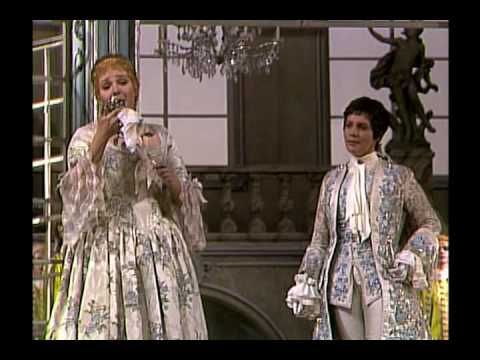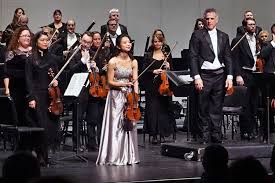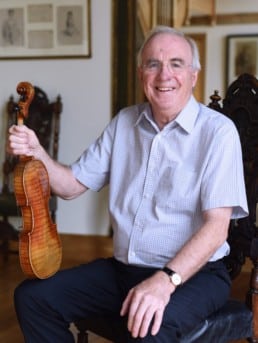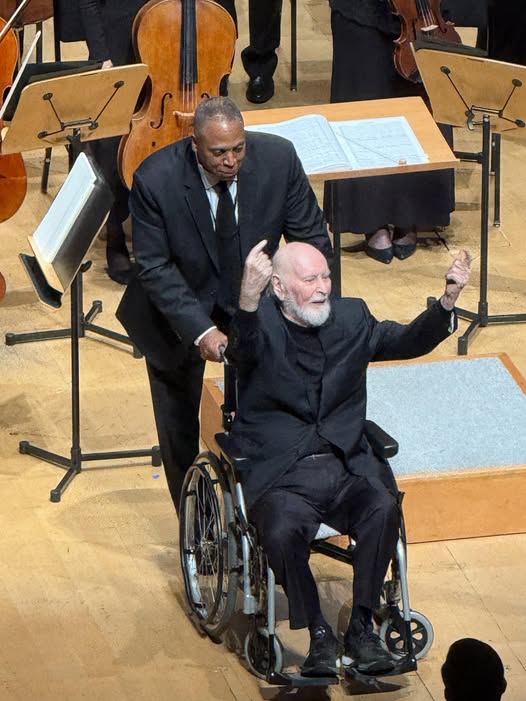The Slipped Disc daily comfort zone (21): Greatest female opera duet
mainLucia Popp and Brigitte Fassbasender


Lucia Popp and Brigitte Fassbasender

The Southwest Florida Symphony has announced closure. FORT…

The conductor, who is suffering from the recurrence…

The violin world is in mourning for Charles…

The Hollywood composer, 93, was due to conduct…

Session expired
Please log in again. The login page will open in a new tab. After logging in you can close it and return to this page.
Comments